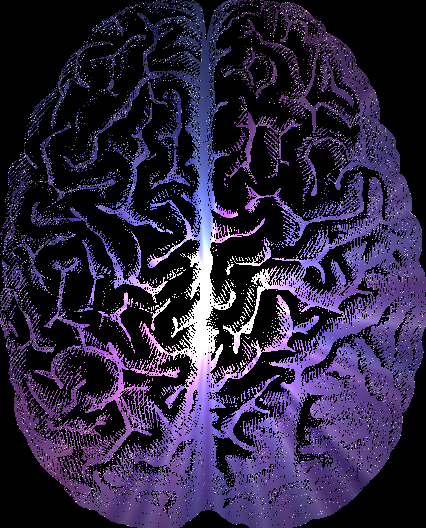Dementia's good effects
 A team at Neuroscience Research Australia (NeuRA) has identified positive changes that occur after a person has been diagnosed with dementia.
A team at Neuroscience Research Australia (NeuRA) has identified positive changes that occur after a person has been diagnosed with dementia.
The study has confirmed anecdotal evidence that creative skills such as painting, drawing, or singing – which were not previously evident – can emerge or improve in people with Alzheimer’s disease and frontotemporal dementia.
“Our study shows that individuals with dementia can display new creative behaviours and skills despite also experiencing the cognitive and functional decline that is typical of dementia,” says lead author Associate Professor Olivier Piguet.
Experts analysed the responses of 185 carers to a new questionnaire called the ‘Hypersensory and Social/Emotional Scale (HSS)’, which aims to measure the difference in behaviours of patients before their dementia diagnosis and at the current time.
The study revealed that significant changes were seen in sensory processing in people with Alzheimer’s dementia and frontotemporal dementia, and the emergence or increase in positive behaviours such as musical activities for some.
“A possible explanation for why this is happening is that dementia is a progressive brain disease,” A/Prof Piguet said.
“Brain atrophy is relatively focal at the beginning. However, as the disease progresses and the atrophy becomes more diffuse, it can result in the release of ‘spared’ functions supported by brain regions that are less affected.
“Music activities, for instance, appear to rely on widespread brain networks where brain pathology is not as severe as the regions supporting other cognitive activities, such as memory or language, that tend to decline markedly in people with dementia.”
He says it may be important to shift the focus from what someone with dementia may lose, to the skills they retain or even gain. More generally, A/Prof Piguet said the study contributes to an improved understanding of dementia syndromes.
The study will be published in an upcoming edition of the Journal of Alzheimer’s Disease.







 Print
Print